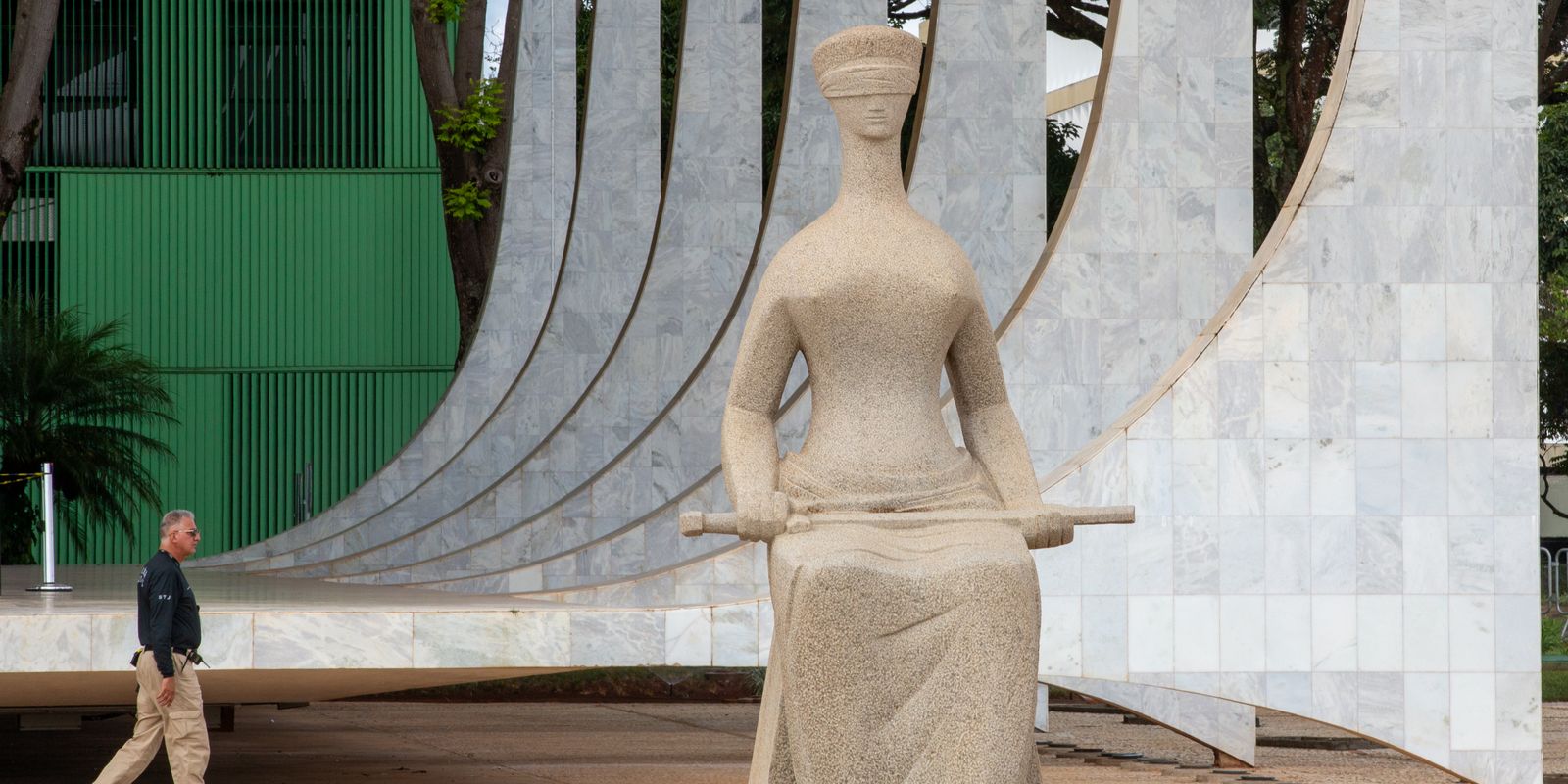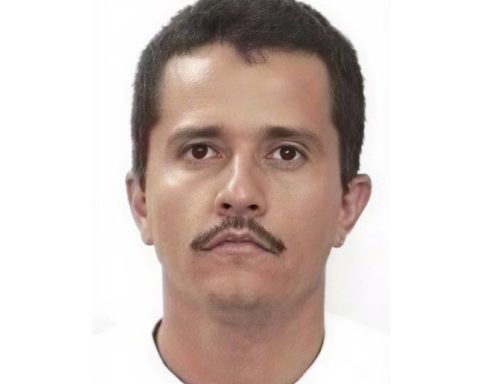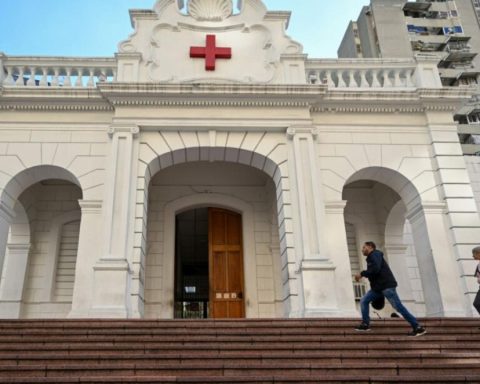Minister Flávio Dino, of the Federal Supreme Court (STF), decided this Thursday (8), in Brasília, to maintain the suspension of the so-called “Pix amendments” to the Union Budget.
The decision was motivated by an action filed by the Attorney General of the Republic, Paulo Gonet.
In the decision, the minister understood that the execution of the amendments can continue in cases of ongoing works and public calamity. The release of funds is subject to compliance with transparency and traceability requirements.
“If it is the parliamentarian who dictates what the money will be spent on, if the institute is maintained in the Constitution, symmetrical innovations in the control systems are required, so that the Constitution is complied with. If this does not happen, we will have a dangerous and unconstitutional game of blame, in which, certainly, no one identifies themselves as being responsible for the application of a relevant portion of public money”, stated the minister.
Creation
The amendments were created by Constitutional Amendment 105 of 2019 and allow deputies and senators to allocate individual amendments to the federal budget through special transfers. Under the measure, the transfers do not require the indication of programs or the signing of agreements.
For the prosecutor’s office, the constitutional amendment also removes the jurisdiction of the Federal Court of Auditors (TCU) to monitor resources and the possibility of transparency and traceability of public money.
According to the Contas Abertas Association, deputies and senators allocated R$6.7 billion in “Pix amendments” in 2023.
On August 1, Flávio Dino issued the first ruling on the case and understood that this type of amendment must follow transparency and traceability criteria. According to the same ruling, the Office of the Comptroller General (CGU) must conduct an audit of the transfers within 90 days.

















